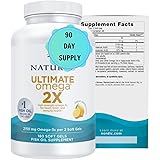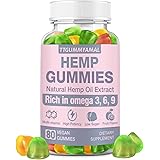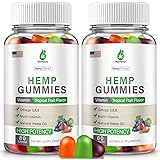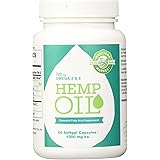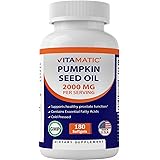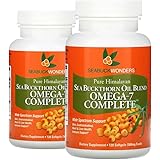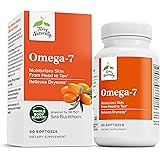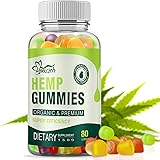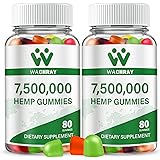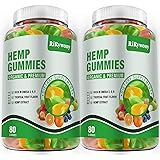Navigating the world of natural wellness can often present a confusing array of terms and products. The main point is that while often used interchangeably, hemp seed oil and CBD oil are distinctly different products, each offering unique benefits to the body. The video above provides a concise overview of this common distinction. However, understanding their unique origins, compositions, and uses is crucial for making informed choices about your health and wellness journey.
Understanding Hemp Seed Oil: A Nutritional Powerhouse
Hemp seed oil originates exclusively from the seeds of the hemp plant, specifically through a process known as cold-pressing. This method involves pressing the seeds without heat, which effectively preserves their delicate nutritional components. It is important to note that hemp seeds themselves contain negligible amounts of cannabinoids, including both CBD and THC.
Consequently, hemp seed oil is not intended to provide the therapeutic effects associated with cannabinoids. Conversely, its primary value lies in its exceptional nutritional profile. This oil boasts an impressive ratio of essential fatty acids, including omega-3 and omega-6, which are vital for overall bodily function. Many nutritionists consider it an excellent dietary supplement due to its rich content of vitamins, minerals, and proteins, making it a valuable addition to any balanced diet. People frequently drizzle it over salads, blend it into smoothies, or simply take a spoonful daily to support general well-being and cardiovascular health.
Exploring CBD Oil: The Cannabinoid Connection
CBD oil, on the other hand, comes from the stalks, leaves, and flowers of the hemp plant. These parts of the plant are rich in cannabinoids, particularly cannabidiol (CBD). Unlike hemp seed oil, the extraction process for CBD oil is more complex, often involving specialized methods such as CO2 extraction, which efficiently pulls out the desired compounds.
This oil contains a much broader spectrum of compounds, including various cannabinoids, terpenes, and flavonoids. These additional plant compounds work together in what is often called the “entourage effect,” potentially enhancing CBD’s beneficial properties. Crucially, reputable CBD oils contain very low levels of tetrahydrocannabinol (THC), typically less than 0.3%, meaning they do not produce any psychoactive effects or the “high” associated with marijuana. Many individuals incorporate CBD oil into their routine to support various aspects of their health, including promoting a sense of calm and assisting with the body’s natural balance. This balance, often referred to as homeostasis, is vital for maintaining optimal physical and mental functions.
Key Differences Summarized: Source, Composition, and Use
The fundamental distinction between these two oils primarily hinges on their source within the plant and their chemical composition. Hemp seed oil is a culinary and nutritional oil, derived from the seeds and packed with fatty acids. However, it does not contain cannabinoids like CBD.
Conversely, CBD oil is a therapeutic compound extracted from the plant’s flowers, leaves, and stalks. This oil specifically contains cannabidiol and other beneficial plant compounds. People often use hemp seed oil for its nutritional benefits and its role in maintaining healthy skin and hair. However, individuals typically turn to CBD oil for its potential to support mood regulation, manage stress responses, and promote a general sense of bodily balance. One oil offers nutrition; the other provides cannabinoid-based wellness support. These distinct applications highlight the importance of understanding which product aligns with your specific health goals.
Choosing the Right Oil for Your Wellness Journey
Deciding between hemp seed oil and CBD oil depends entirely on your personal wellness objectives. If your primary goal involves boosting your intake of essential fatty acids and general nutrition, then hemp seed oil serves as an excellent dietary supplement. It offers a straightforward path to adding beneficial omegas and other nutrients to your daily diet, contributing to overall health without complex considerations.
However, if you are seeking support for stress management, mood regulation, or a general sense of bodily balance, CBD oil might be more appropriate. It interacts with your body’s endocannabinoid system, potentially helping to restore equilibrium. When selecting a CBD oil, always look for products that provide third-party lab reports. These reports confirm the product’s CBD content and ensure it is free from harmful contaminants, providing peace of mind. Knowing the differences between hemp seed oil and CBD oil empowers you to choose the best product for your unique health and wellness needs.


